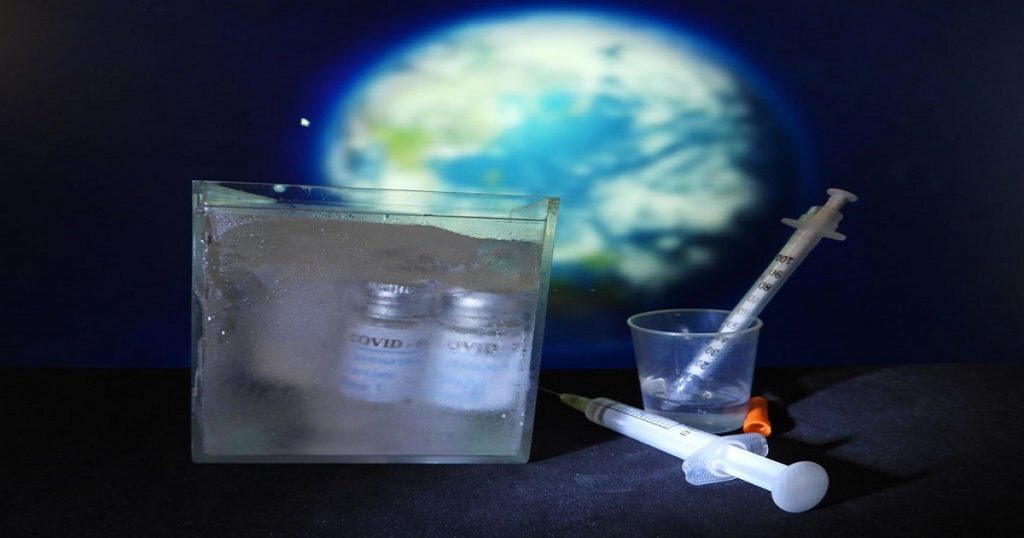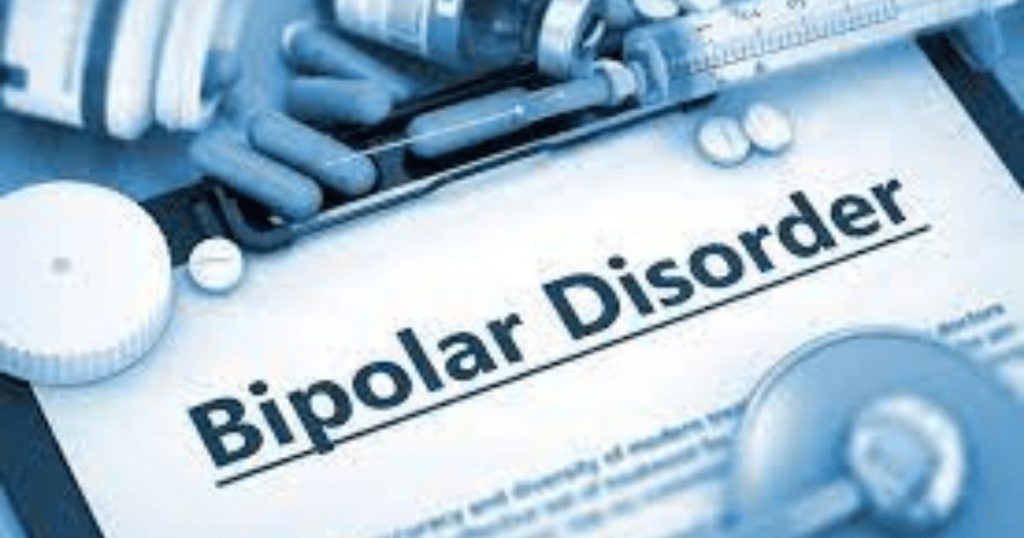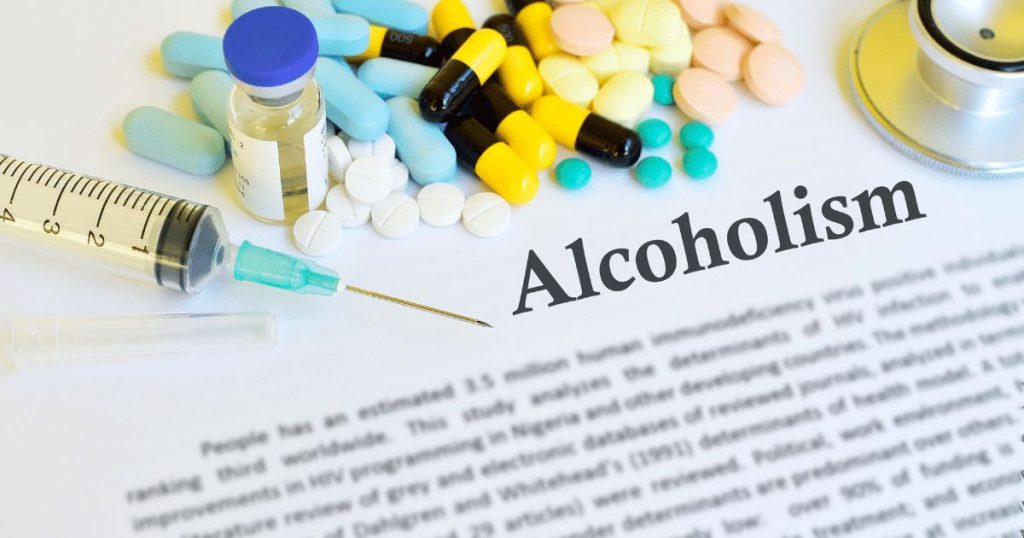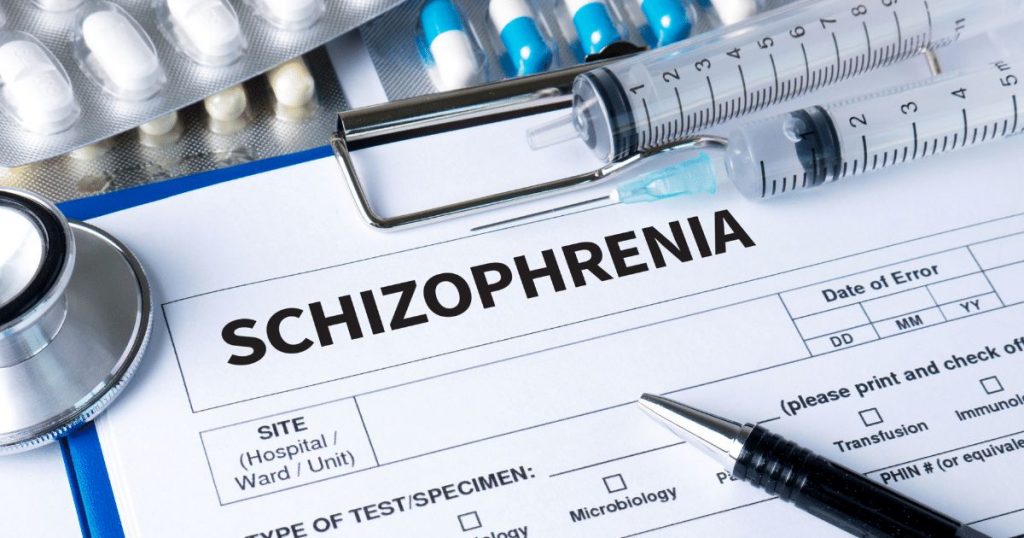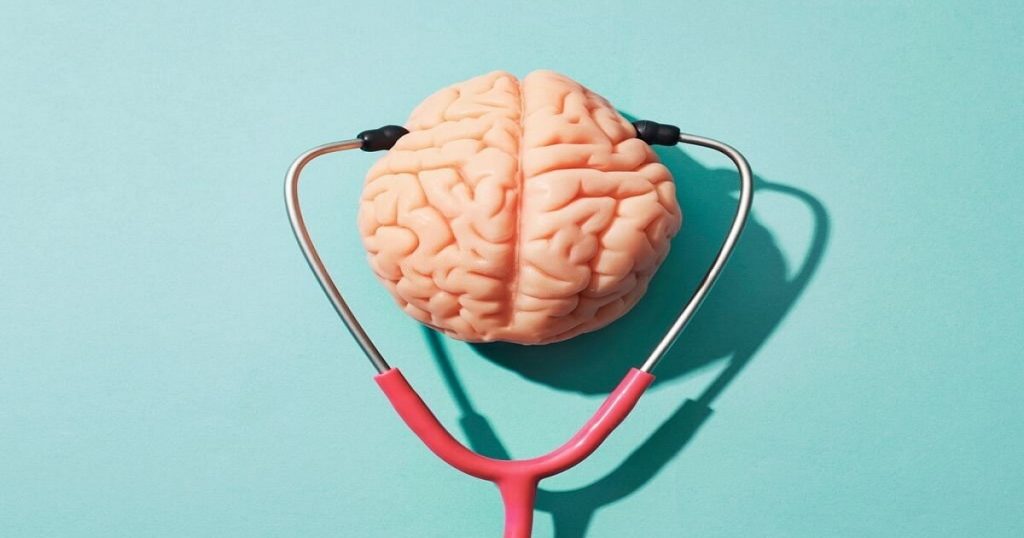Crystal methamphetamine (‘ice’, ice drug) is a stimulant drug, which means it speeds up the messages travelling between the brain and the body. It’s stronger, more addictive and therefore has more harmful side effects than the powder form of methamphetamine known as speed.
People who use ice repeatedly can develop physical problems including extreme weight loss, poor sleep, dental problems, regular colds, trouble concentrating, stiff muscles, heart problems, kidney problems, depression or stroke. People who use ice regularly may look much older than they should.
Recovery for a Meth addiction at Bridge Rehab constitutes of a comprehensive Meth treatment plan that consists of detoxification, counseling, and therapy.
Detox will purge the physical presence of Meth from the body and help users acclimate to functioning in daily life without the drug. Counseling will address the psychological damage done by substance abuse, as well as educate recovering users on how to resist temptation and maintain long-term sobriety.
In the event that an individual is suffering from a chronic, serious addiction to Meth, that person may require admission into an inpatient treatment program. Meth is one of the hardest drugs to overcome, and it’s essential that anyone that engages in Meth abuse find professional treatment.
If a loved one is suffering from a Meth addiction and resisting treatment, staging an intervention may be the first step to getting them help. However, some people may feel uncomfortable staging one on their own, especially since Meth users can become hostile or even violent when confronted.
The addicted person might also deny the fact that they have a drug problem, making open conversation difficult. In these circumstances, involving a professional intervention specialist could take some of the weight off your shoulders. Interventions show Meth users how their actions affect those that they care about and motivate them to seek help. The goal of an intervention is to help the person struggling to get into addiction recovery and rehabilitation.
An inpatient program may be a better option if the individual has engaged in chronic, long-term Meth abuse and suffers from the most severe of withdrawal symptoms. This could cause a person to relapse and fall into the old cycle of drug abuse if he or she is not in a stable environment.
Bridge Rehab provides a safe place free of temptations or triggers, where people can regain control over their lives without the risk of relapse. These programs usually last for 120days depending on the needs of each person.
Detox is the next step in addiction treatment in which Crystal Meth is safely removed from the body. Meth detox can be performed as part of an inpatient or program, but a medical professional is always present in our Rehab to monitor a stimulant detox. Medically-supervised detox ensures a safer and more successful treatment plan, as our doctors are able to observe vital signs around the clock and prescribe medications to keep patients comfortable and stable during stages of withdrawal.
During detox formal or structured counseling begins. Therapists help recovering Meth users identify the underlying reasons behind their drug use and provide the emotional support needed to work through those issues. Therapy shows patients how to cope with the temptation to use Meth in times of stress or boredom and to understand the thought and behavioral patterns that brought them to abuse the drug in the first place.
Counselors will include a variety of therapies and techniques during treatment, but the most common is cognitive behavioral therapy (CBT). Cognitive behavior therapy has been evaluated as being particularly effective for treating Methamphetamine addiction, as well as the co-occurring disorders of depression and anxiety. Additionally, narrative therapy, which emphasizes the importance of personal life stories, is employed to help recovering users determine how their stories have shaped their drug use and ways to mend these thoughts and behaviors. Counselors help those attending rehab adopt new, healthy lifestyle choices to build a better future without drugs.
Ongoing support after rehab is incredibly important in maintaining sobriety, and joining a support group is one of the best methods of aftercare. We lead our patients of addiction through the 12-steps of Narcotics Anonymous. The 12-step program helps recovering users work through their addiction by taking personal inventory on daily life, making restitution to those injured, and assisting and supporting others through the disclosure of personal stories.
These groups are available and useful for anyone trying to overcome a Meth addiction. These 12-steps provide an ongoing relapse prevention and personal growth.

